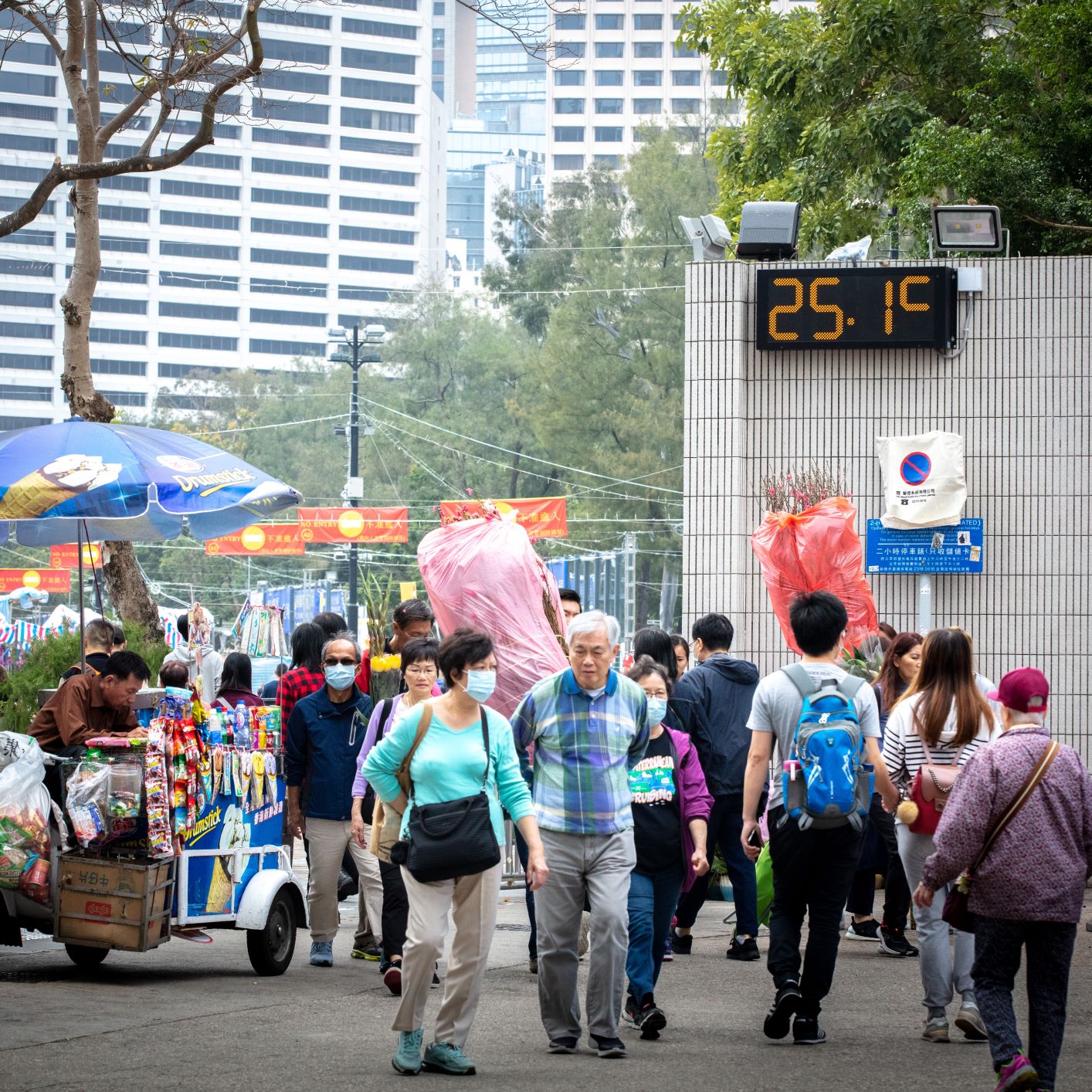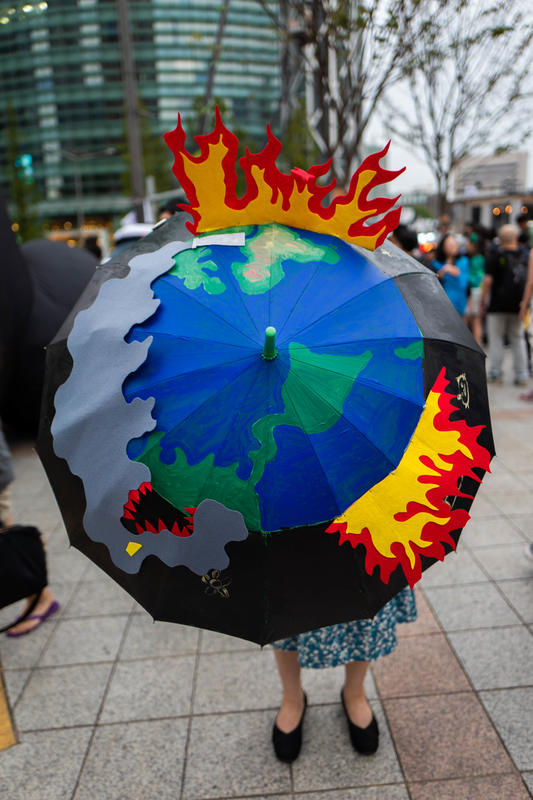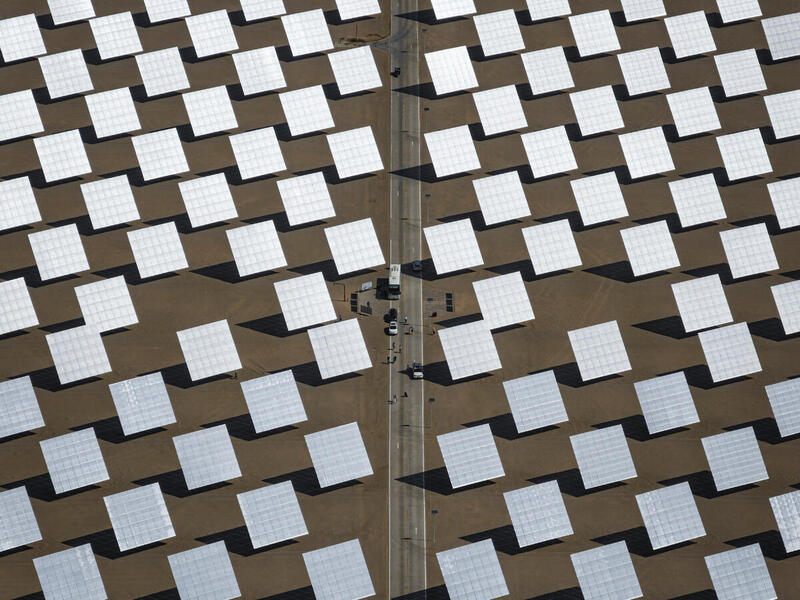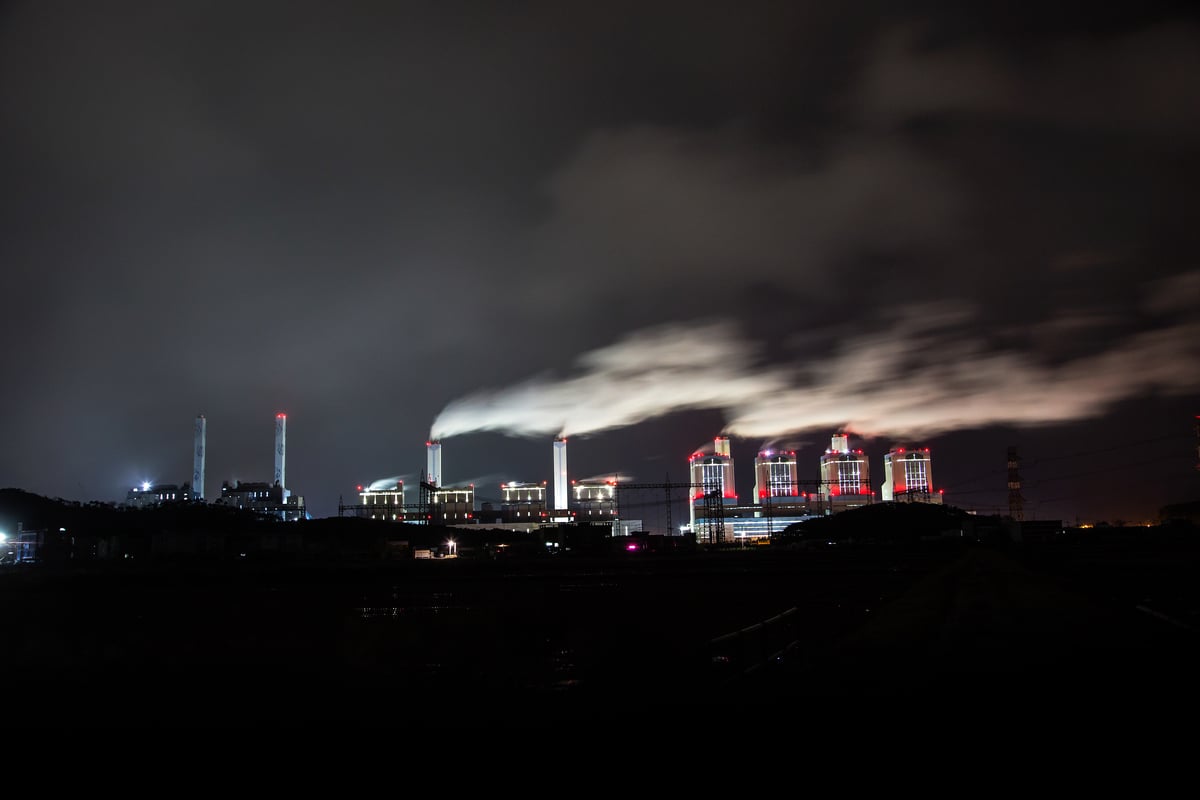Nature is sending us warnings through our climate. From the devastating Australia forest fires to the recent severe floods in and around Jakarta, extreme weather and its impact hit the news headline almost every day. If these are still too far away from you, look at the temperature of Hong Kong in 2019. As reported by the Hong Kong Observatory, 2019 was the warmest year on record since 1884, with 11 out of 12 months warmer than usual. Nature is no doubt urging us to act now for the climate crisis.

Hong Kong’s Climate Alert
In the Chinese calendar, the twelve-month of the Lunar (臘月) is meant to be chilly and dry, but Climate Change in Hong Kong turns it upside down. We have just experienced an early summer-like Chinese new year, with spring flowers from the Golden Trumpet-tree and Rhododendron blooming 2 months earlier. Climate Change is real and it’s happening.

Further data from Hong Kong Observatory portrayed how our climate has been changing. Hong Kong’s annual mean temperature in 2019 reached 24.5°C, 1.2 degrees above 1981-2010 normal. In addition, our Cold Day dropped to 1, which is 16.1 days less than the normal of 1981-2010. Indeed, 2019 has the fewest annual number of Cold Days since 1884. Hong Kong’s winter is no doubt disappearing.(ref: https://www.hko.gov.hk/en/wxinfo/pastwx/2019/ywx2019.htm)
Global Climate Change warnings
Global temperatures are consistently breaking records. According to the World Meteorological Organization’s (WMO) consolidated analysis, the year 2019 was the second warmest year on record after 2016, with average temperatures for the five-year (2015-2019) and ten-year (2010-2019) periods were the highest on record. The data further shows a trend that the global temperature has been getting warmer than the previous decade since the 1980s. This trend is expected to continue as the heat-trapping greenhouse gases in the atmosphere reached its record high. The WMO further predicts that the temperature will rise by 3°C to 5°C by the end of this century, where the climate target of the Paris Agreement will not be reached.

Climate emergency must dominate the World Economic Forum
From droughts to floods, rising seas to extreme weather, Climate change is taking a heavy toll on countries around the world. It poses imminent threats to economic growth, food security, and for the first time, climate change becomes a priority for the world’s elite in the World Economic Forum (WEF, informally known as Davos).
While the world’s financial elites were at Davos to discuss on the climate issue, Greenpeace International released a report, highlights that 10 top banks that regular attending the meeting, have invested US$ 1 trillion in fossil fuel companies since the Paris Agreement, equivalent to buying 640GW of solar power. The report titled, It’s the Finance Sector, Stupid, further reveals that 3 pension funds have at least US$26 billion in fossil fuel holdings, and the world’s top 4 insurance companies have not adopted any public policies to reduce their support for coal projects.
“The banks, insurers and pension funds here at Davos are culpable for the climate emergency. Despite environmental and economic warnings, they’re fuelling another global financial crisis by propping up the fossil fuel industry. These money men at Davos are nothing short of hypocrites as they say they want to save the planet but are actually killing it for short term profit,” said Greenpeace International Executive Director, Jennifer Morgan, at the World Economic Forum.
The climate impact and the recent coronavirus epidemic show us once again that we are all global citizens living on the same planet. Greenpeace’s presence in the World Economic Forum is a clear signal to the world leaders: global citizens are taking climate action. The regulators, financial leaders must do their jobs before it is too late. Hong Kong and the World, we must act now! #ClimateActionNow



